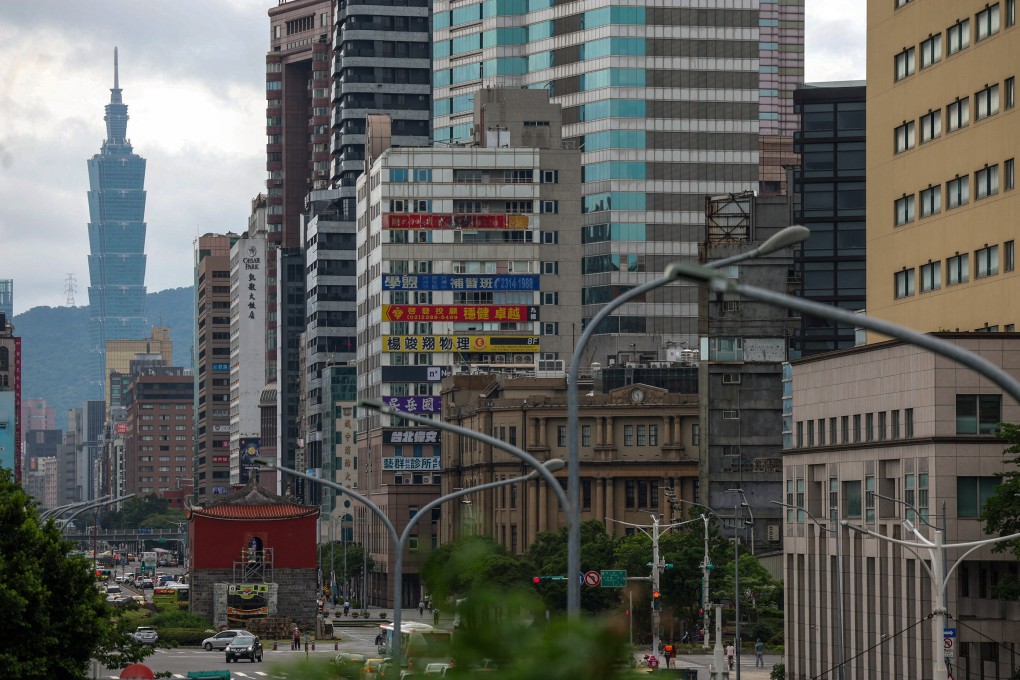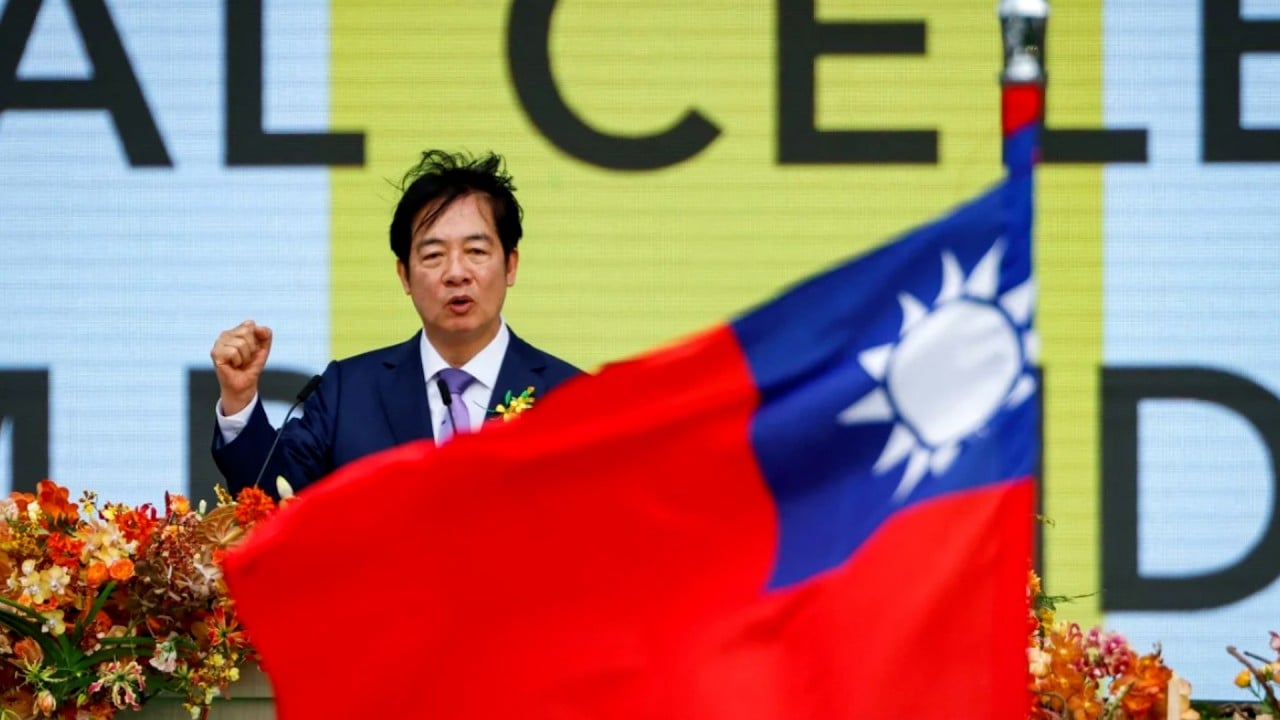US firms in Taiwan have needs they want met, from natural disasters to grid upgrades
- Talent shortages and geopolitics have altered outlook in Taiwan, and American companies say business environment’s transformation must catch up

American business leaders say Taiwan has fallen behind in making changes to cope with natural disasters, talent shortages, energy resilience and the shifting needs of foreign businesses, and they recommended that the island align itself with international standards to attract foreign investments.
Meanwhile, the 1,200-member, 570-company AmCham Taiwan said its committees considered just five of the 95 issues that the chamber raised last year to be fully resolved, according to an annual white paper released on Thursday.
In the report’s “Messages to Washington” section, the chamber also spoke to the importance of high-level US officials conducting visits to the island “more frequently”, as such visits “may be perceived as more provocative” when they are rare. And the chamber sought to “ensure continued sufficient support for Taiwan’s defence”.

